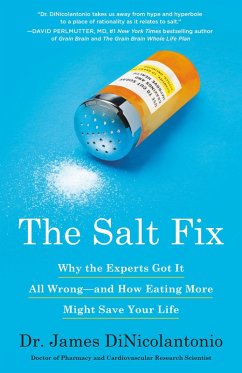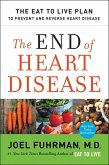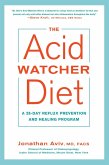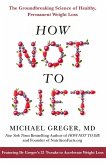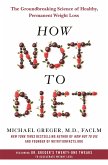What if everything you know about salt is wrong? A leading cardiovascular research scientist explains how this vital crystal got a negative reputation, and shows how to lower blood pressure and experience weight loss using salt. The Salt Fix is essential reading for everyone on the keto diet! We've all heard the recommendation: eat no more than a teaspoon of salt a day for a healthy heart. Health-conscious Americans have hewn to the conventional wisdom that your salt shaker can put you on the fast track to a heart attack, and have suffered through bland but "heart-healthy" dinners as a result. What if the low-salt dogma is wrong? Dr. James DiNicolantonio has reviewed more than five hundred publications to unravel the impact of salt on blood pressure and heart disease. He's reached a startling conclusion: The vast majority of us don't need to watch our salt intake. In fact, for most of us, more salt would be advantageous to our nutrition-especially for those of us on the keto diet, as keto depletes this important mineral from our bodies. The Salt Fix tells the remarkable story of how salt became unfairly demonized-a never-before-told drama of competing egos and interests-and took the fall for another white crystal: sugar. According to The Salt Fix, too little salt can: • Make you crave sugar and refined carbs • Send the body into semistarvation mode • Lead to weight gain, insulin resistance, type 2 diabetes, cardiovascular disease, chronic kidney disease, and increased blood pressure and heart rate But eating the salt you desire can improve everything, from your sleep, energy, and mental focus to your fitness, fertility, and sexual performance. It can even stave off common chronic illnesses, including heart disease. The Salt Fix shows the best ways to add salt back into your diet, offering his transformative five-step program for recalibrating your salt thermostat to achieve your unique, ideal salt intake. Science has moved on from the low-salt dogma, and so should you-your life may depend on it.
Dieser Download kann aus rechtlichen Gründen nur mit Rechnungsadresse in A, B, BG, CZ, D, DK, EW, E, FIN, F, GR, HR, H, I, LT, L, LR, NL, PL, P, R, S, SLO, SK ausgeliefert werden.

